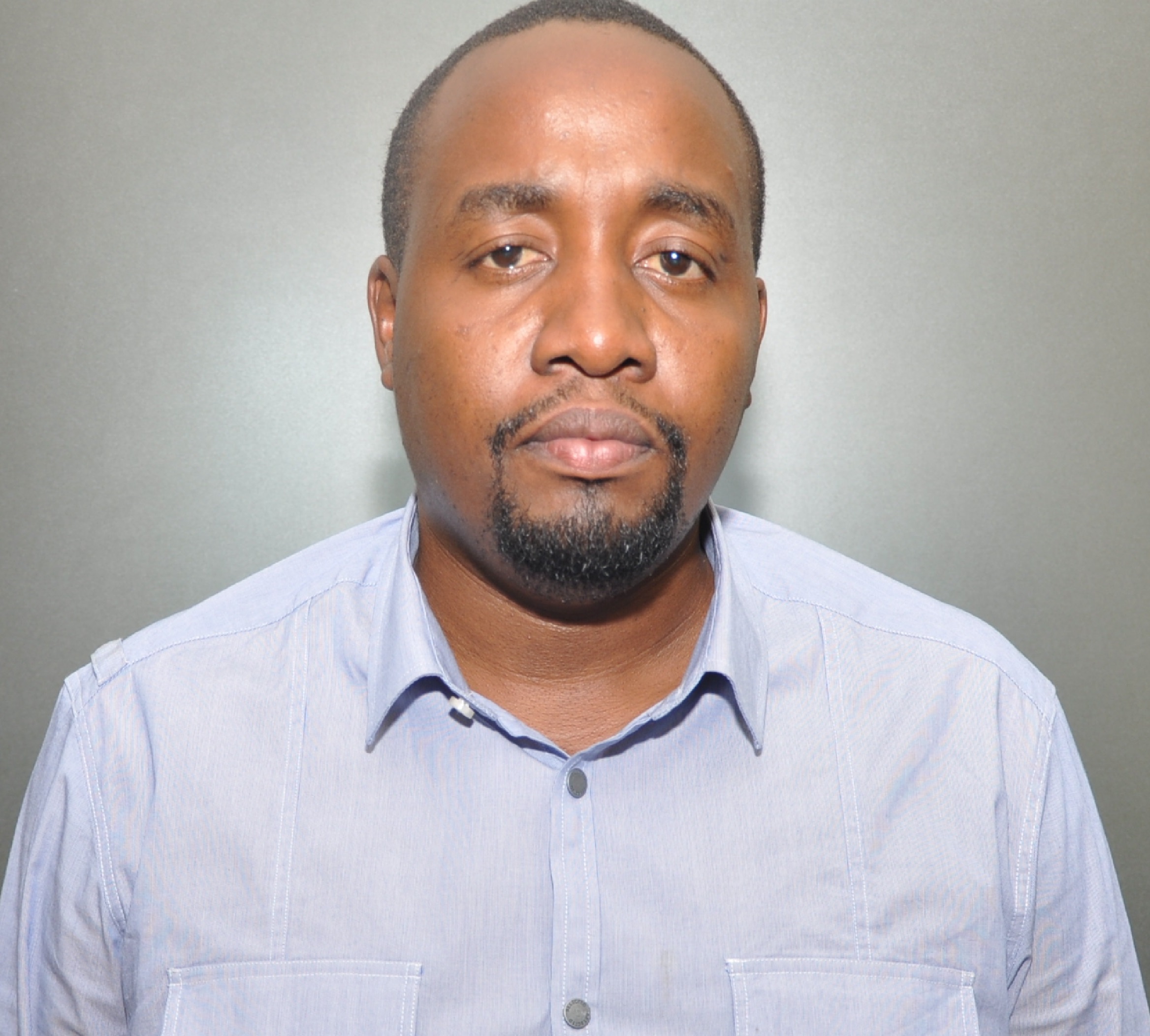RURAL ELECTRIFICATION AGENCY (REA) FAILS TO ACCOUNT FOR SH40 BILLIONS ($10M) REVOLVING FUND
The Rural Electrification Agency (REA) cannot account for the sh 40bn ($10m) the World Bank injected into it as a revolving fund in 2015.
Reliable sources have told The Drone Media that the revolving fund was mismanaged and it did not fulfill what it aimed to do.
In 2015 the World Bank injected $10m in the then newly-formulated energy revolving fund managed by the Rural Electrification Agency (REA) of the energy ministry.
The REA’s manager for project development and management, Eng. John Turyagyenda, said they intended to use part of the resources to buy electricity connection materials to benefit the poor communities who had failed to connect to the national grid.
While attending an energy workshop at Lake Victoria Serena Hotel, Turyagyenda confirmed this: “We have ordered for connection materials that will cover 68,000 customers in the countryside.”
Surprisingly, the poor customers in the countryside Turyagyenda talked about, never smelt, saw or touched any of the materials he mentioned. He said the connection materials would be given to the different concessionaires who had been contracted by the Government to manage the different electricity networks in the countryside.
The materials that would be given out to the concessionaires on a subsidy included prepaid meters, meter boxes and low voltage cable wires. However, this remained in the Serena Hotel’s hall as hot air.
The Drone Media has learnt that some of firms that connived with REA’s managers regarding mismanaging of the fund include Ferdsult Engineering Services, Kilembe Investments Ltd, Bundibugyo Electricity Cooperative Society and Pader-Abim Community Multi-purpose Electricity Cooperative Society.
Others include Uganda Electricity Distribution Company, Kyegegwa Rural Electricity Cooperative Society Ltd, Westnile Rural Electrification Company and Umeme.
An individual looking to be connected to the national grid, is required to pay between sh 1,000,000 and sh2,000,000 for the connection materials. Most of the rural dwellers have resorted to solar panels and kerosene (paraffin) while the REA managers are enjoying the revolving fund.

